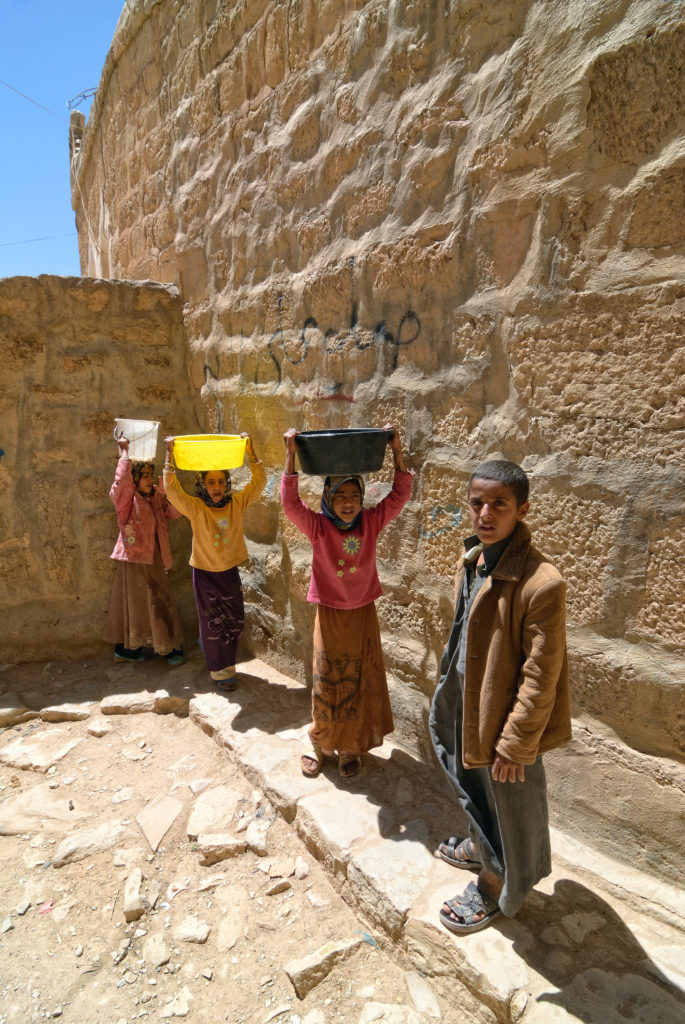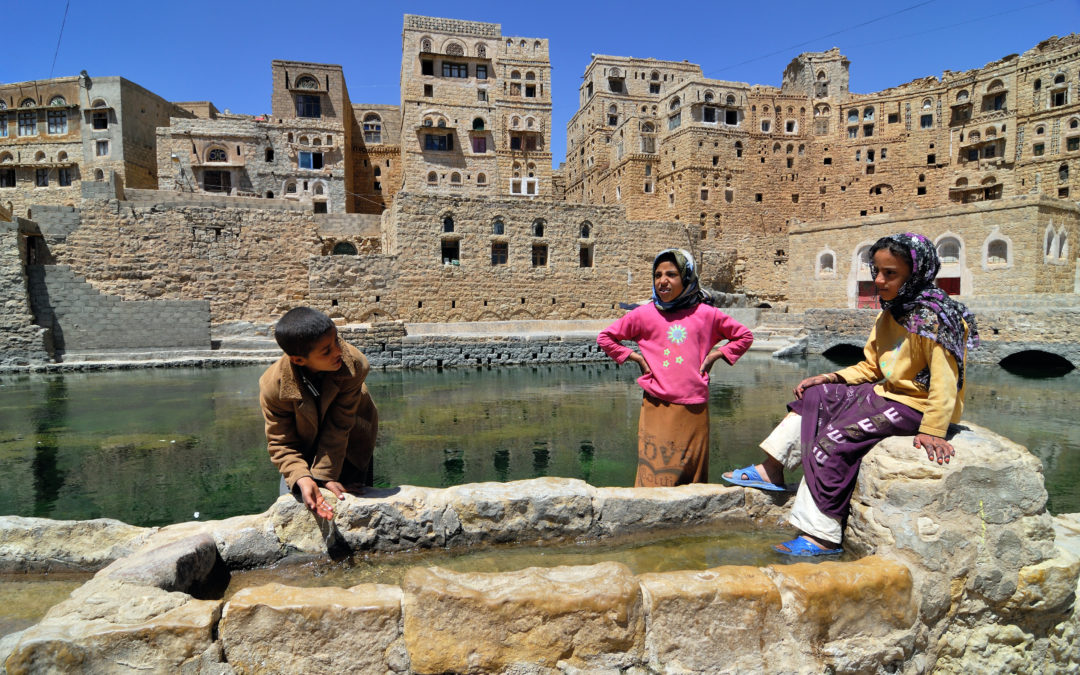A water purification system that uses nanotechnology to remove bacteria, viruses and other contaminants may be the solution to delivering clean drinking water to rural communities. The best part, it could cost as low as $3 per family.
Researchers from the Indian Institute of Technology Madras in Chennai, India developed a purification device. This device filters water through a crafted mixture of nanoparticles to remove harmful contaminants. The National Academy of Sciences published this study in their journal proceedings on May 6, 2013.
Professor Thalappil Pradeep of the Department of Chemistry at the Indian Institute of Technology Madras says the device is currently being tested in some small communities in India. According to Pradeep, the system can offer an affordable way to provide families with at least 10 liters (2.6 gallons) of safe drinking water per day.
Is It Enough For A Family?
“For a family of five in a rural Indian village, you probably need some water in the morning for cooking and some water for drinking,” Pradeep explained. “We figure 9 to 10 liters is good enough for those purposes. Then, you can fill it up again, and you now have 20 liters for the day.”
11% of the global population, or 783 million people, do not have access to clean drinking water according to the World Health Organization and UNICEF Joint Monitoring Programme for Water Supply and Sanitation.
Pradeep thinks this new system could fulfill the need for clean affordable water in rural areas around the globe.
“We’re implementing this already on a community scale, looking at regional water problems,” Pradeep said. “But arsenic is a big problem in Africa and other places, and we are interacting with people about it.”

HABBABAH, YEMEN
What This Means For Yemen
Currently, the water supply and sanitation in Yemen is facing many challenges. The biggest one, water, especially in the Highlands, quoting The Times of London that “Yemen could become the first nation to run out of water”.
50% of the population struggle daily to find or buy enough clean water to drink or grow food. As a result, 14.7 million Yemenis depend on humanitarian aid.
Due to the country’s hot climate, Yemen is prone to water shortage. The problem has worsened due to an increasing population and poor water management. Rather than collecting and storing rainwater, drilling for limited groundwater became the trend. Various estimates foresee capital Sana’a could run out of water within a decade.
In Sana’a, which is an urban area, 40% of the houses are connected to pipes. However, In the rural areas, some women spend up to 5 hours of their day collecting water. This new purification system gives hope that there could soon be a solution for the current water shortage in Yemen.
Haitham Alaini is a Yemeni entrepreneur and philanthropist. He received a degree in economics from George Washington University, and upon his return to Yemen, created his own construction business specializing in oil and gas infrastructure. Over the course of the last twenty years, the Yemeni patriot has gained invaluable experience, as well as attained a profound respect for the professionals of Yemen and its surrounding regions. Alaini is passionate about exploring innovative technology that will help improve Yemen, his native country.
To learn more about Haitham Alaini visit:
Haitham Alaini – Website: haithamalaini.org
Haitham Alaini (@haitham_alaini) – Twitter: https://twitter.com/haitham_alaini
Haitham Alaini – Facebook: https://www.facebook.com/haithammalaini?fref=ts
-Haitham Alaini
